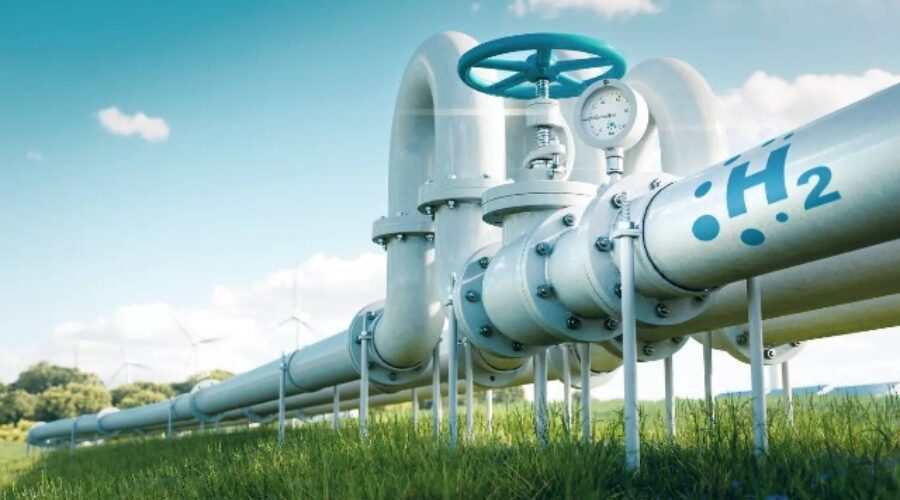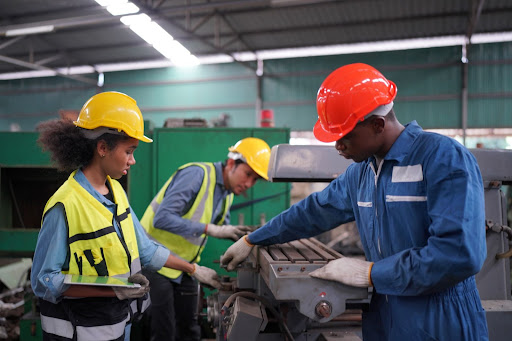Portugal will focus on producing hydrogen
Portugal will focus on producing hydrogen for its own consumption, and less for export, and will prioritise small and medium-sized renewable energy projects, the minister for the environment and energy said on Monday.
We’re going to give priority to “small and medium-sized projects, not just large projects, and try to ensure that the large projects don’t have negative impacts on other areas”, in the economy, agriculture or the landscape, Maria da Graça Carvalho told Lusa after a meeting with nine environmental organisations, which she wants to make a habit of.
The minister said that large-scale renewable energy projects are important, not least to meet European and United Nations targets, but added that small-scale projects have less impact on the environment and also “win people over more to the transition”.
“There’s the fact that making it easy for everyone to produce their own energy, in their home, in an industrial estate, in a warehouse, and making this simple and easy is going to be one of our priorities, because this is going to involve the public much more in the production of clean energy, it’s going to ’empower’ people and make them take part in this revolution,” she explained.
As for hydrogen, the focus will be, she said, on utilising hydrogen where it is produced, because it is still difficult to transport.
For Maria da Graça Carvalho, the “first focus”, given that hydrogen plays an important role in the energy transition, is to use green hydrogen locally, mainly for industry, and not to export.
Producing clean hydrogen is “a competitive advantage, to attract industry,” said the minister, adding that in the past Portugal had difficulty attracting industries because electricity was not competitive with the rest of Europe.
“At the moment, hydrogen produced from renewable energies, at a low cost, should be used as a competitive factor to attract industry, to attract large industrial developments that create wealth and jobs in Portugal,” she argued.
Another government priority, Maria da Graça Carvalho told Lusa, is the decarbonisation of the transport sector, one of the main contributors to greenhouse gas emissions, through investment in quality public transport and more railways.
And in water, another concern, the government is committed to investing in the Algarve, where there is the greatest lack of water, and then moving on to the rest of the country.
The investments include, for example, controlling the use of water, reducing losses, which exceed 50% in some local councils, more reuse and reinforcing existing facilities.
In the Algarve, the construction of a desalination plant will be speeded up and the possibility of a water intake from the Guardiana river in the south eastern Alentejo region of Pomarão is being assessed.
All of this, said Maria da Graça Carvalho, will be presented soon, in coordination with the entire government.


